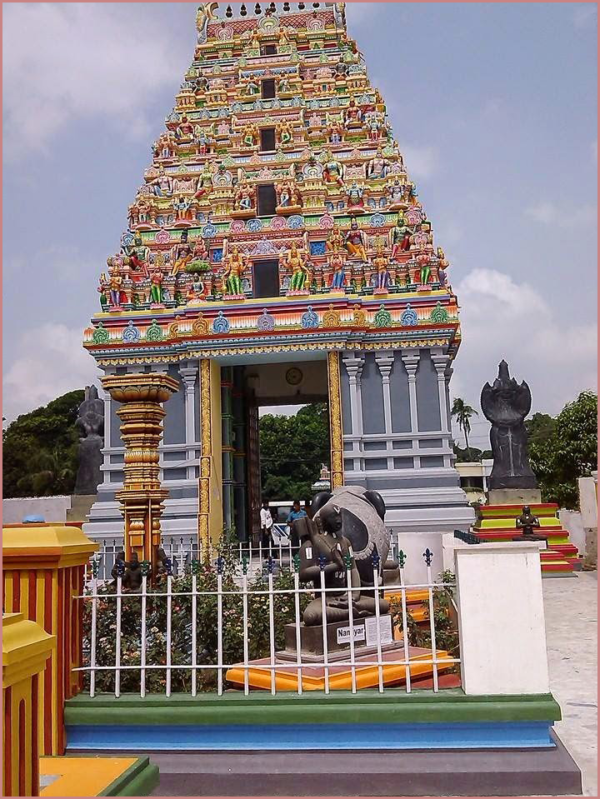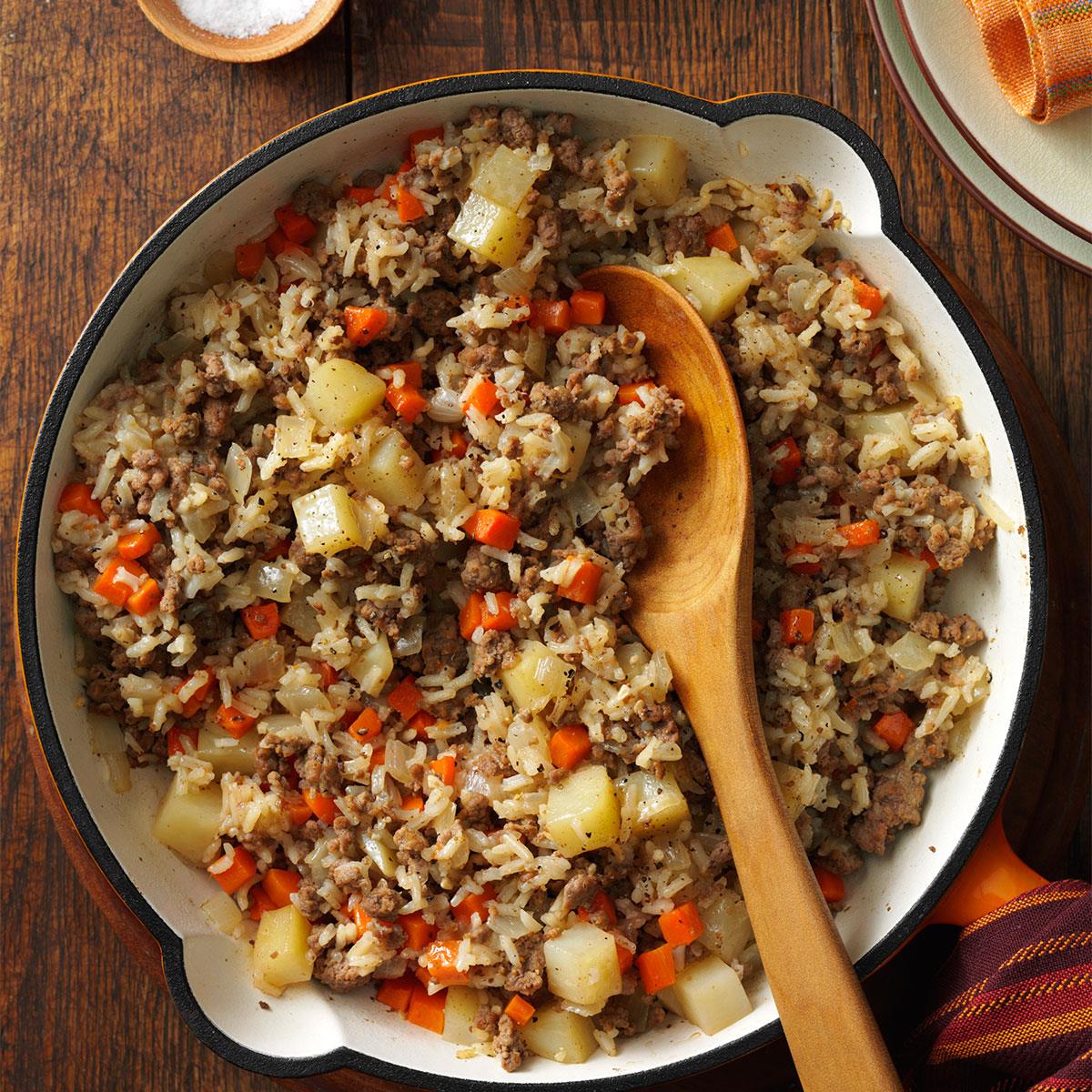Local Cuisine Of Supaul: A Culinary Journey Through Tradition
Share

Nestled in the heart of Bihar, Supaul is a district that offers not just stunning landscapes but also a rich tapestry of culinary delights. The local cuisine of Supaul reflects the agricultural bounty of the region, with a variety of flavors and ingredients that tell the story of its people. This article will take you through the unique dishes, cooking techniques, and cultural significance of Supaul's local cuisine.
The Essence of Supaul's Cuisine
Supaul's cuisine is deeply rooted in its agricultural practices. The fertile plains of the Kosi River basin provide an abundance of rice, lentils, and vegetables, which form the backbone of many traditional dishes. The local cuisine is characterized by its simplicity and the use of fresh, seasonal ingredients.
Key Ingredients

- Rice: The staple food in Supaul, rice is served with almost every meal. It is often accompanied by lentils or vegetable curries.
- Lentils: Various types of lentils are used in everyday cooking, providing essential protein and flavor.
- Vegetables: Seasonal vegetables such as brinjal, pumpkin, and leafy greens are commonly used in curries and side dishes.
- Spices: The use of spices like cumin, mustard seeds, and turmeric adds depth and flavor to the dishes.
Signature Dishes of Supaul
1. Litti Chokha
Litti Chokha is perhaps the most famous dish from Bihar, and Supaul is no exception. Litti is a round wheat ball stuffed with roasted gram flour and spices, baked over a fire. It is served with Chokha, a mash made from roasted eggplant, tomatoes, and potatoes, seasoned with mustard oil and spices. This dish is not just a meal; it's a celebration of flavors and textures.
2. Sattu Paratha
Sattu Paratha is another beloved dish in Supaul. Made from roasted gram flour, this stuffed flatbread is often served with pickles and yogurt. The parathas are crispy on the outside and soft on the inside, making them a perfect breakfast option.
3. Thekua

Thekua is a traditional sweet treat made during festivals and special occasions. It is made from wheat flour, jaggery, and coconut, shaped into small discs, and deep-fried until golden brown. The sweetness of jaggery combined with the crunch of coconut makes it a delightful snack.
Cooking Techniques
The cooking techniques used in Supaul's cuisine are as important as the ingredients themselves. Traditional methods often involve slow cooking, which allows flavors to meld beautifully. Here are some common techniques:
1. Bhunao
Bhunao is a technique where ingredients are sautéed in oil or ghee until they are aromatic and cooked through. This method is commonly used for making curries and lentil dishes.
2. Dum Cooking
Dum cooking involves slow-cooking food in a sealed pot, allowing the ingredients to steam in their own juices. This technique is often used for biryanis and other rice dishes, enhancing the flavors.
3. Tandoor Cooking
While not as common as in other regions, some dishes in Supaul are cooked in a tandoor, a clay oven that imparts a unique smoky flavor to the food.
Cultural Significance
Food in Supaul is not just about sustenance; it is a vital part of the culture and community. Meals are often shared among family and friends, fostering bonds and creating memories. Festivals and celebrations are marked by special dishes, showcasing the region's culinary heritage.
Festivals and Food
During festivals like Chhath and Makar Sankranti, specific dishes take center stage. Offerings made during these festivals often include traditional sweets and savory items, reflecting the agricultural calendar and the community's connection to the land.
Best Time to Visit Supaul
The best time to experience the local cuisine of Supaul is during the winter months, from November to February. The weather is pleasant, making it ideal for exploring the local markets and enjoying outdoor meals. During this time, the harvest season also brings a variety of fresh produce, enhancing the culinary experience.
Weather Information
- Winter (November to February): Cool and dry, with temperatures ranging from 10°C to 20°C.
- Summer (March to June): Hot and humid, with temperatures soaring above 40°C.
- Monsoon (July to October): Rainy season, with moderate to heavy rainfall.
Where to Experience Supaul's Cuisine
To truly savor the local flavors, consider visiting local eateries and street food stalls. These places offer authentic dishes prepared using traditional methods. Here are a few recommendations:
- Local Dhabas: These roadside eateries serve hearty meals at affordable prices. You can find delicious Litti Chokha and Sattu Paratha here.
- Home-Cooked Meals: Many families in Supaul welcome visitors for a meal, providing an opportunity to experience authentic home-cooked dishes.
- Food Festivals: Keep an eye out for local food festivals that celebrate the region's culinary heritage, featuring a variety of dishes and flavors.
Hotel and Travel Recommendations
When planning your visit to Supaul, consider booking your accommodations in advance to ensure a comfortable stay. Here are some links to help you with your travel arrangements:
- Hotels & Flights: Book your stay and flights here
- Transfers: Arrange your transfers easily
Memorable Experiences Await
Supaul's local cuisine is a reflection of its rich culture and agricultural heritage. Each dish tells a story, inviting you to savor the flavors of the region. Whether you're indulging in Litti Chokha or enjoying the sweetness of Thekua, the culinary experiences in Supaul are bound to leave a lasting impression.
As you plan your trip, remember that food is not just about taste; it's about connection. Engage with the locals, learn their stories, and immerse yourself in the vibrant culture of Supaul. Your culinary adventure awaits, promising flavors and memories that will linger long after your visit.



